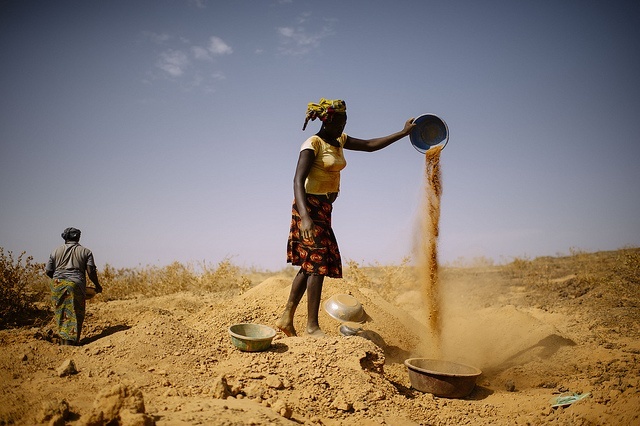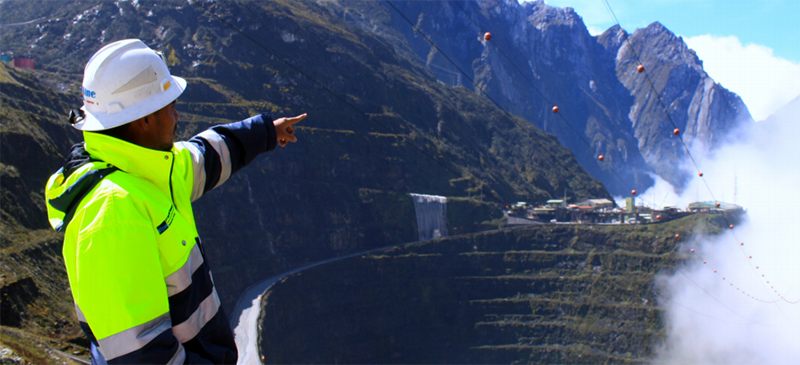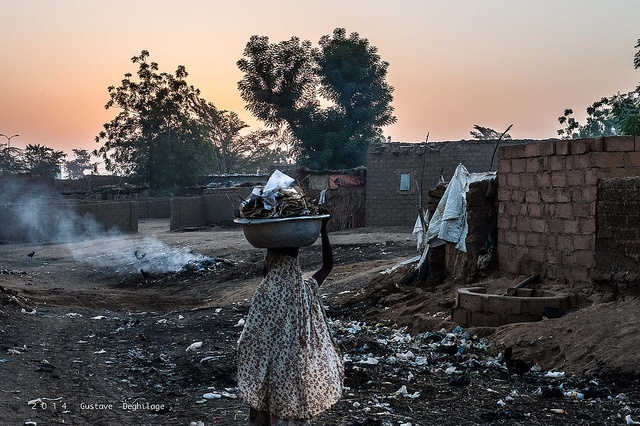News and resources
Explore our publications on a wide range of topics, to find the powerful facts, stories and approaches that underpin our work to make the extractive industry more open, accountable and participatory.
Active filters
Joint Statement: Africa Mining Vision: CSOs and government make progress to develop the African Mineral Governance Framework
Statement prepared by: Tax Justice Network-Africa, Publish What You Pay, Southern Africa Resource Watch, and Oxfam Monday 28th March, 2016 Addis Ababa, Ethiopia – The ongoing collapse of mineral prices on the international market, growing debt crisis and dwindling revenue to finance socio-economic development in African countries has refocused attention on how to optimally use […]
New breed of artisanal diamond data miners is born
The need for skills in gathering diamond data has always been a great necessity for poor, relocated and disinherited communities in Manicaland Province in Zimbabwe, a border province about 400 kilometres from the capital Harare. Manicaland is the country’s wealthiest province in term of diamond revenue. On Friday 26 February 30 community members who have […]
The Local Resource Curse: The symptoms in the Mining Area of Gafsa
Research on the resource curse has been mostly discussed as a state-level phenomenon; few studied have been conducted on local resource curse. This paper aims to contribute to the local resource curse literature through the identification of its symptoms in the mining area of Gafsa. Results reveal that this region suffers from a local resource […]
Position paper on mining reforms in Zimbabwe
That mining holds an important locus to Zimbabwe’s economic recovery is well known. Both government and the civil society in the country generally agree that if managed well, the abundant natural resources in the country have the ability to turn the economic fortunes of the country. The current government’s economic blue print the Zimbabwe Agenda […]
PWYP Indonesia publishes report on illicit financial flows and tax crime in the mining sector
According to a 2014 report from Global Financial Integrity entitled “Illicit Financial Flows from Developing Countries: 2003- 2012”, Indonesia ranks seventh of countries with the largest illicit financial flows (IFF). In 2014 IFF in Indonesia is estimated at a total of IDR 227.75 trillion ($20 billion), the mining sector contributes IDR 23.89 trillion ($2 billion), […]
Transparency in mining: Large decline under the transitional government in Burkina Faso
Doubts expressed on the completeness and reliability of data Unjustified differences on export data Burkina Faso has just published its fifth report for the Extractive Industries Transparency Initiative (EITI) covering the year 2013. The information in the report, prepared under the country’s transitional government, indicates that overall transparency in the sector has greatly decreased, thus […]
PWYP Zambia demands transparency of ultimate owners
PWYP Zambia Press Release – For immediate release 14th January, 2016 We, members of Civil Society Organizations in Zambia working on issues of extractive industries observed that on 8th – 9th December 2015 in Kiev, the Global Transparency Initiative which promotes good governance of natural resources – the Extractive Industries Transparency Initiative (EITI) – agreed […]
Illicit financial flows and tax crime in mining sector in Indonesia
Indonesia ranks seventh in biggest illicit financial flows (IFF) among developing countries for year 2003-2012. While in 2014, IFF in Indonesia in 2014 is estimated reaching IDR 227.75 trillion ($20 billion). Mining sector contributes IDR 23.89 trillion ($2 billion), mainly derived from trade misinvoicing. Recently, Publish What You Pay Indonesia conducted study on IFF and […]
40 years on from independence, Angola remains full of potential despite challenges
Angola, Africa’s second largest oil producer and third biggest economy, recently celebrated 40 years of independence on 11 November 2015. But there was very little to cheer about on the day, which was marked with lots of pessimism in the world media, as many commentators sought to commemorate this achievement by emphasising the country’s poor […]
In Good Company? Conversations around Transparency and Accountability in South Africa’s Extractive Sector
This is a collection of submitted articles around mining issues and produced by the Open Society Foundation for South Africa. It includes a chapter on the important role of coordinated and collective actions of a diverse coalition of organisations for greater impact and influence: The coalition is king! Perspectives on the Publish What You Pay […]
Human scars – the links between taxes and human rights
Taxes and human rights may not seem the most obvious bed fellows. Yet tax avoidance, incentives and other tax abuses, as well as poorly designed tax systems, deprive citizens of basic needs, in particular access to health care, water and sanitation services and education. This is no truer than in resource-rich developing countries where extractive […]
Human scars – Is there a hidden cost to tax? Case for Zambia and Zimbabwe
Using community testimonies, interviews and experiences, this paper will demonstrate the cost of collected and uncollected tax from extractive industries in Zambia and Zimbabwe. Using casework drawn from work under the aegis of Publish What You Pay (PWYP) , this paper will seek to demonstrate the linkages between tax and human rights. It will argue […]















